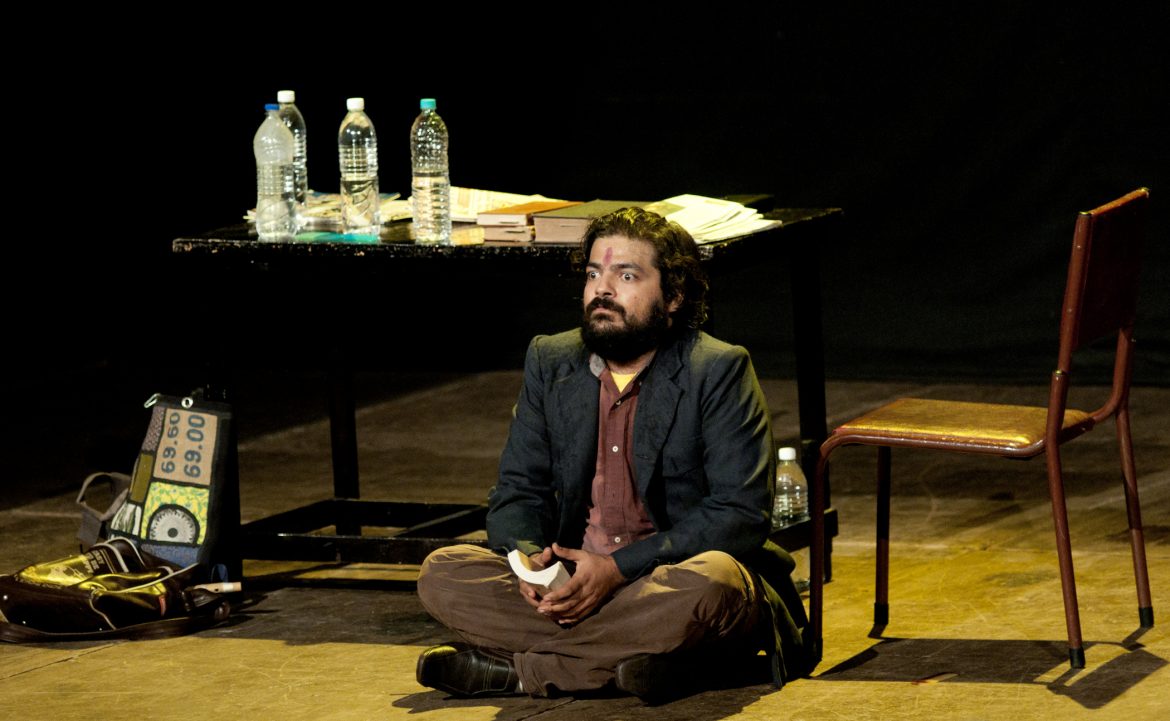On Your Marx:
As a tribute to playwright Uttam Gada, revisiting his play Karl Marx In Kalbadevi:
About seven years ago, Manoj Shah directed a play called Karl Marx In Kalbadevi, written by Uttam Gada and performed by Satchit Puranik. Inspired by Howard Zimm’s 1999 play Karl Marx in Soho, it is about what the title indicates—Marx coming down to earth and ending up at the hub of Mumbai’s business district in Kalbadevi.
The play was a hit in Gujarati, and later came out in an Hinglish version to reach a wider audience. If Marx were to return to clear all misconceptions about his politics, and visit Mumbai what better landing place could he find than Kalbadevi, where capitalism is pursued without any qualms and practiced without apology, even the crony capitalism that Karl Marx so reviled, according to the energetic Gujarati-speaking Marx in the play; for, which Kutchi-Gujarati shopkeeper does not employ armies of relatives and gaonwalas in their establishments?
Manoj Shah has almost made a career out of biographical plays about saints or literary figures. This time, tongue firmly in cheek, he embarked on an audacious production to deliver a sermon on socialism to incontrovertible capitalists and make it entertaining, with just one actor holding the play the audience’s attention for the 90-odd minutes he is on stage.
Uttam Gada strings factoids about Marx together with homespun wisdom, occasional myth-busting (Marx’s religion is the opiate of the masses line was quoted out of context), some intellectual challenging and a lot of humour, in which director Manoj Shah is often referred to as Marx’s guide in the gullies of Kalbadevi, where a rich meal at the famous Bhagat Tarachand is fraught with some guilt and a pied a terre in a crowded chawl reminds Marx of his early days of poverty, struggle and the writing of the tome Das Capital.
If there is a problem with the play, it’s that there is too much Karl Marx, family and friends, and too little Kalbadevi. There’s plenty in those crowded rabbit hutch business establishments, temples, old tenements, eateries and constant bustle for a communist to comment on. Marx learns Gujarati because of his admiration for Mahatma Gandhi, but when he goes to Mani Bhavan, he finds the gates shut.
It’s undoubtedly too simplistic, but then, a complex analysis of Marxist philosophy or its relevance in today’s greed-is-good era would perhaps have been too much for the target audience. Still, Gujarati audiences embraced this communism-for-dummies play with great enthusiasm.

